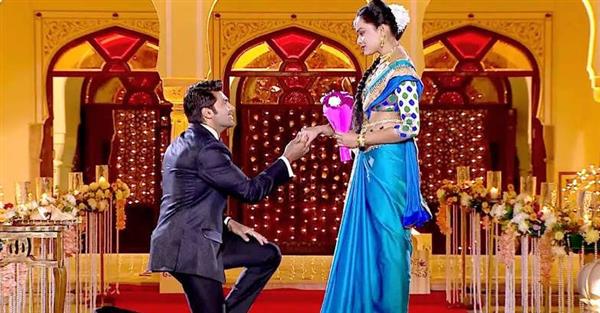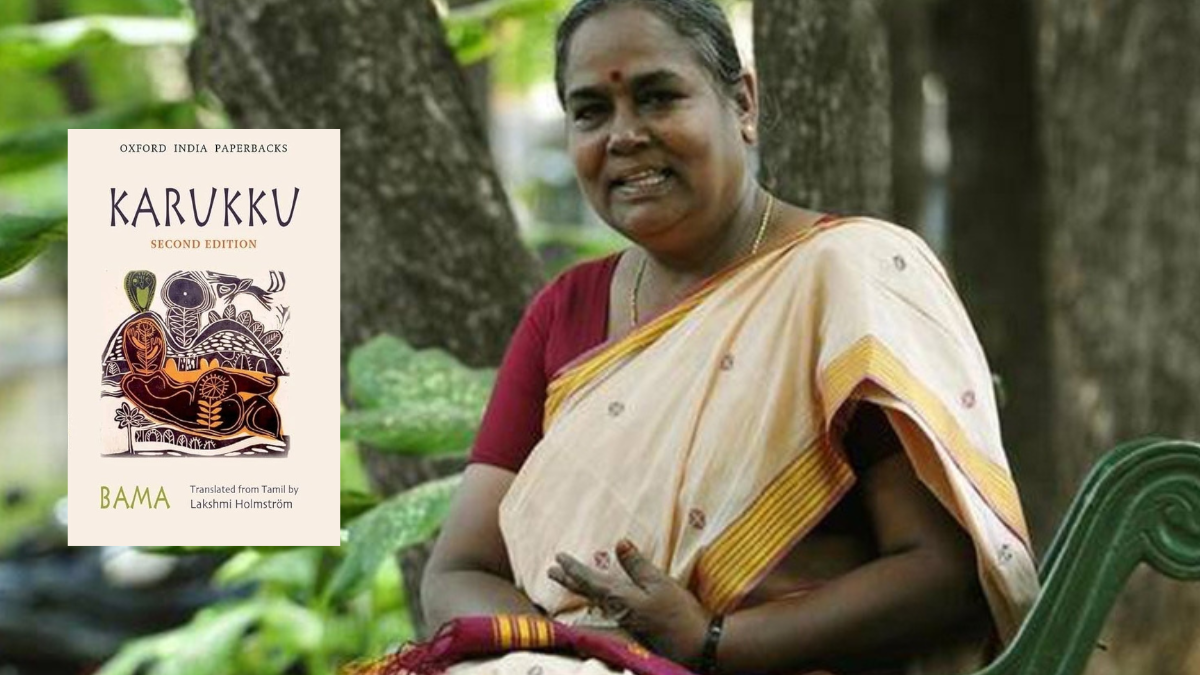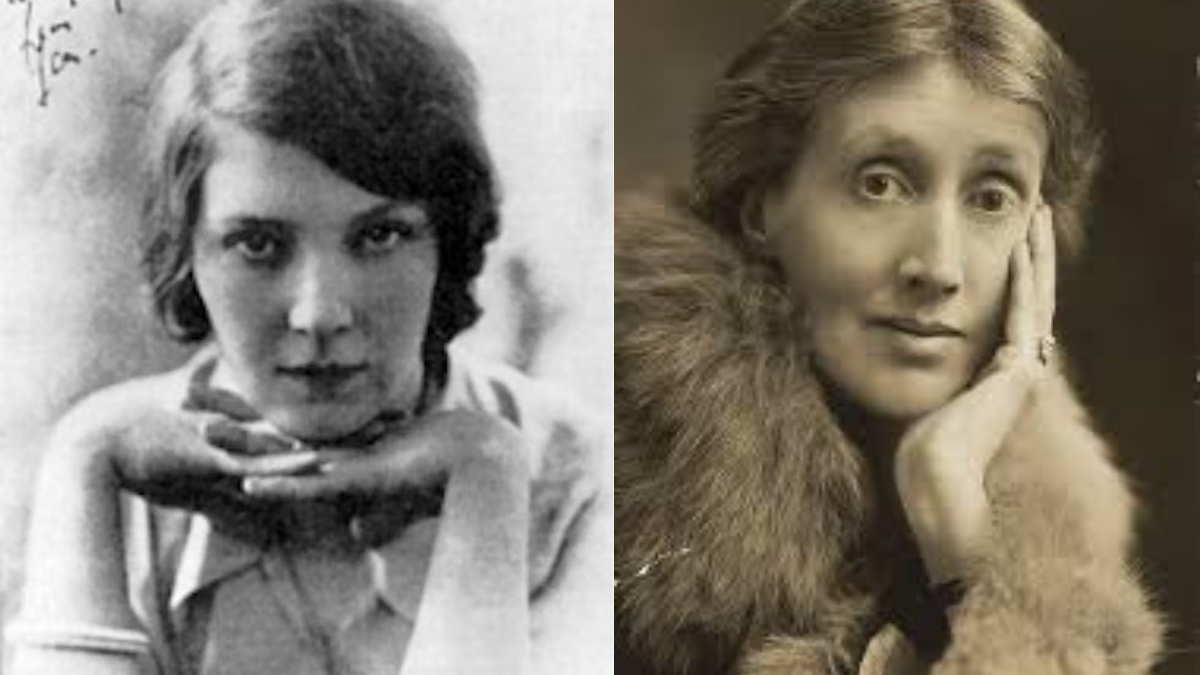Posted by Deepa.V
“It is a truth universally acknowledged that a single man in possession of great fortune must be in want of a wife” – the opening lines of Jane Austen‘s Pride and Prejudice. Very true to this statement, celebrity bachelor of Kollywood, Arya, decided to tie the knot when asked the million dollar question. He had received such an overwhelming response for his search for a soul mate and he chose sixteen “eligible maidens” to select his ‘bride’ in a reality show titled Enga Veetu Maapillai in the Colours TV (Tamil) channel.
The controversy over the process of selecting his “soul mate” has created a frenzy and as expected, this rage has a very strong conservative side to it. Numerous comments have been made in social media, clearly moral policing the women and claiming that it was sabotaging the cultural pride of Tamil Nadu.
Though romance in reality television is rather melodramatic, it’s a well-crafted drama of candle lights and costumes. Of course, inspired by the American dating and relationship reality television series The Bachelor, it fails to innovate creative strategies, suitable to the socio-cultural fabric of the state.
The women participants are a young, educated, privileged group – selected due to their appearance and behaviour. It is to be noted that such shows do not subscribe to the conventional norms of matrimony in a conservative Tamil Nadu – where religion, caste, class, language and matching horoscopes are the important determinants for marriage.
Yet, it provides a horrifying insight into the narrative of romance – the emotional rollercoaster rides in impressing the man; reinstating that flowers and jewellery are gifts which women love – are blatantly patriarchal in concept and design. “A way to a man’s heart is through his stomach” is an old adage undoubtedly patriarchal. Shows like this have transgressed further by stressing on cooking, dancing, rangoli making, acting, singing, and anything apart from love and mutual respect, as benchmarks for a good relationship.
comments on social media clearly moral police women and claim sabotage of the cultural pride of Tamil Nadu.
Shows like this regressively reaffirm what women have been told – that getting paired off with a man is the ultimate marker of successful femininity. If we talk about the politics of love itself, if we are critical of such men who threaten, mock or torture a maiden’s proposal, it looks pathetic to watch these women almost begging for love in the name of romance.
We still are struggling to empower women to have a mind of their own. Though they may not be the demographic majority, such women do exist in the land of social reformist Periyar and Dravidian ideologies which take pride in women’s empowerment and encourage self-respect in marriages that are based on gender equality.
An article in The Hindu (Tamil) highlighted the fact that these issues cannot be challenged as they are a matter of “choice”. None of the women were coerced or convinced to be contestants but had wholeheartedly expressed their desire to be participants. A member of the Southern Districts Women’s Federation, Janakiammal and Advocate Rajni had moved public interest litigation before the Madurai Bench of the Madras High Court to stop telecasting the show.
I am not examining the possible legal measures to deal with such issues, but I would like to discuss how the participants’ preference is problematic to our understanding of autonomous “choice”. It may seem as simple as it sounds – that it was a matter of their choice, as they certainly have an agency to exercise their freedom of choice.
Also Read: Shrimaan Shrimati And Other TV Shows Enjoy Reducing Women To ‘Daal’ And ‘Murgi’
Let me explain how “choice” works: the phrase “Personal is Political” – a feminist slogan during Second Wave Feminism may be used to understand the politics of choice. Such choices cannot be dismissed as personal, because their political relevance lies in their conforming to the systemic sexism of power penetrated in relationships.
Kate Millet in her book Sexual Politics uses the phrase “Personal is Political” to highlight that “what an individual does or think is controlled by society and not by his or her mind”. She elaborates on this idea by particularly focussing on societal control exercised by men on women in the way that every female is groomed from the early stages of her life.
This is the role of socialisation that every individual goes through and how stereotypes are reinstated. By regulating the behaviour of both men and women in a particular way, men are taught to be strong and assertive, socially trained to be protectors of women, whereas women are supposed to be weak and gentle, seeking protection.
This process of heteronormative gender socialisation is also the reason for outrage on same-sex relationships or honour killings, because rebelling against the established caste/gender norms in the society amounts to bringing dishonour to not just oneself, but the family he or she belongs to and society at large. Imagine a love story like Kausalya-Shankar’s and the tragically painful shades of struggle it witnessed to be heard in society.
Assume the groom’s choice for selecting a bride is based only on their attributes to physical beauty and conformist behaviour. Does it amount to exploitation? Yes, of course. Their victim status might not arise from poverty or lack of education, but on the contrary, educated and quite affluent looking women who have the liberty of choice (not in an absolute sense) but negotiable within the geometries meshed for mapping the chemistry to become a celebrity wife.
regressively reaffirming what women have been told – getting paired off with a man is the ultimate marker of successful femininity.
They are well-groomed women but trapped in bodies essentialising gender traits, limiting the possibility of change and thus of social reorganisation. Men who enjoy celebrity status are seen as fortune cookies by such women; as long as women continue to cherish being shadowed in their husband’s identity, the egos of such men will be stroked to perpetuate their parochial mentality.
An institution like marriage is where the private and public constitute each other – so much located in private, intimate life; but validated in public. Nancy F.Cott’s book Public Vows: A History of Marriage and the Nation declares that the meaning assigned to gender is derived from the structuring provided by marriage. She says “Turning men and women into husbands and wives, marriage has designated the way both sexes act in the world”. So what may be perceived as a voluntary adherence is certainly a political allegiance to a system.
If Enga Veetu Maapillai has done any good, it reflects the changing times, a transition from ‘tradition’ centric marriages to ‘modern’ ones. The practice of traditional matrimony with its emphasis on religion, caste, class, language, gender, dowry, astrological matches, etc not only provides a perfect breeding ground for marrying a stranger but reinstitutes several hegemonic practices.
The ‘modern’ marriages centred on chatting and dating provides a platform to briefly understand each other. Such practices prevalent among many non-resident Indians to find a companion and test their compatibility provide some scope to level gender disparity, paving the way for relationships built on equality.
Let us not reduce ourselves to women who have nothing to offer to the world by seeking legitimacy in such marriages despite our education and financially sound backgrounds, but aspire to be women with individuality, as a corollary to all the hard work that feminists have been doing for a better world!
Also Read: Television And Its Cheap Thrills (Also Called ‘Entertainment’)
Dr Deepa.V teaches English Literature in Shaheed Bhagat Singh College, University of Delhi, New Delhi. She can be followed on Facebook.
Featured Image Credit: Film Pandit
About the author(s)
Guest Writers are writers who occasionally write on FII.




